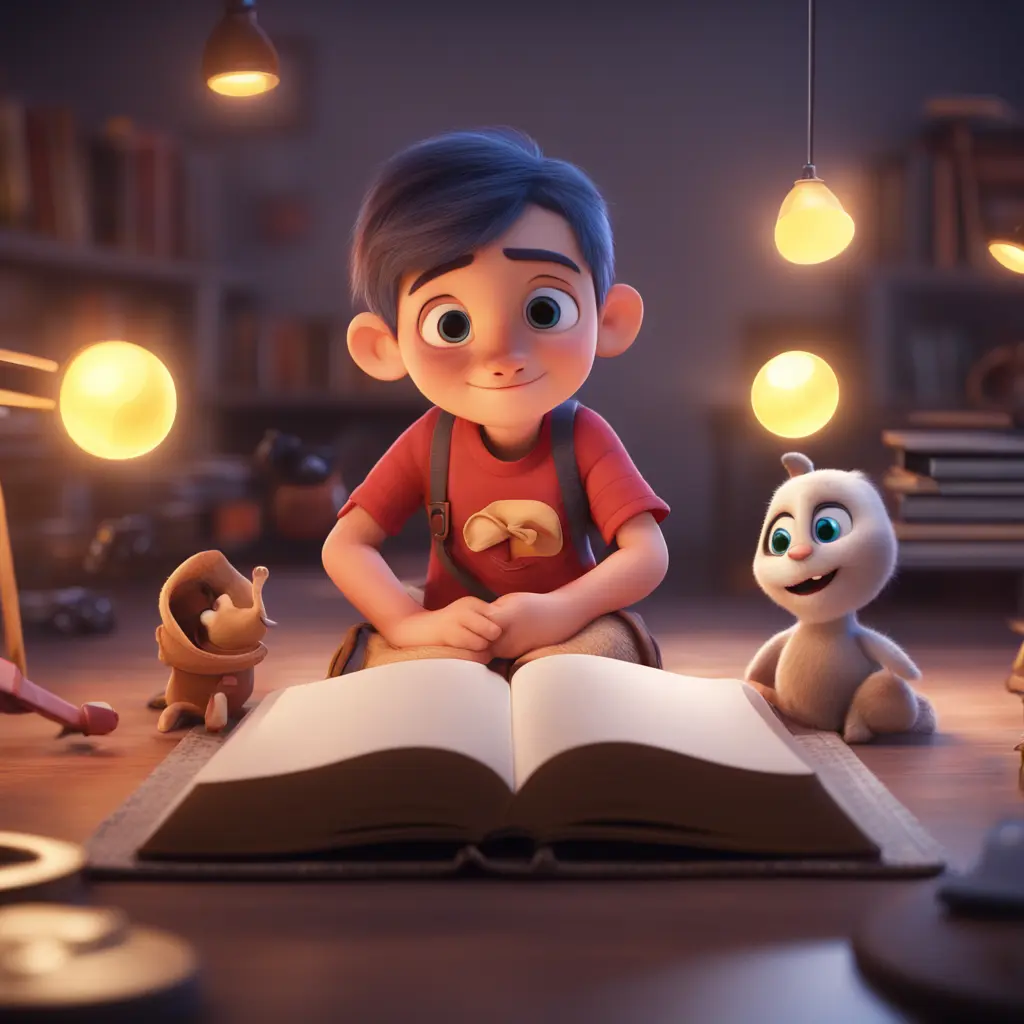Personalized Stories vs. Traditional Books - What's Better for Children?

Reading plays a fundamental role in children's development, nurturing their imagination, vocabulary, and understanding of the world around them. However, in the digital age, the way children access literature is undergoing a remarkable transformation.
Two different approaches vie for the attention of parents and educators: AI-generated personalized stories and traditional books. Both have their merits, but which one is the better choice for children? In this article, we will explore the advantages and disadvantages of each approach.
Personalized Stories: A Glimpse into the Literary Revolution
Personalized stories are the latest innovation in children's literature. Thanks to artificial intelligence, these stories adapt to each child's personality, interests, and unique experiences. What advantages do they offer?
- Personalization - Each story tailors itself to the child, increasing their interest and engagement in reading.
- Fosters Identification - Characters and situations can mirror the child's life, helping children feel more connected to the story.
- Stimulates Imagination - AI can create magical worlds and unique characters, fostering creativity.
Traditional Books: The Enduring Charm of Printed Literature
Traditional books have been the cornerstone of childhood education for generations. Why do they remain relevant?
- Tactile Experience - Printed books offer a tactile experience valuable for a child's development, helping them learn to turn pages and physically engage with the content.
- Fosters Attention - Reading a traditional book requires constant focus, which can help improve a child's attention span.
- Promotes Social Interaction - Sharing a printed book with the family fosters bonds and social interaction.
Conclusions
The choice between personalized stories and traditional books largely depends on the child's preferences and needs. Both approaches have their place in the world of children's literature.
- Personalized Stories are ideal for children who enjoy technology, benefit from personalization, and may need an additional incentive for reading.
- Traditional Books remain a solid option for those seeking the classic reading experience, cognitive skill development, and social interaction.
Ultimately, the combination of both can offer a comprehensive and enriching reading experience for children. Regardless of the path you choose, the essential goal is to nurture a love for reading in children and help them grow as avid readers and critical thinkers. The world of children's literature has space for both!